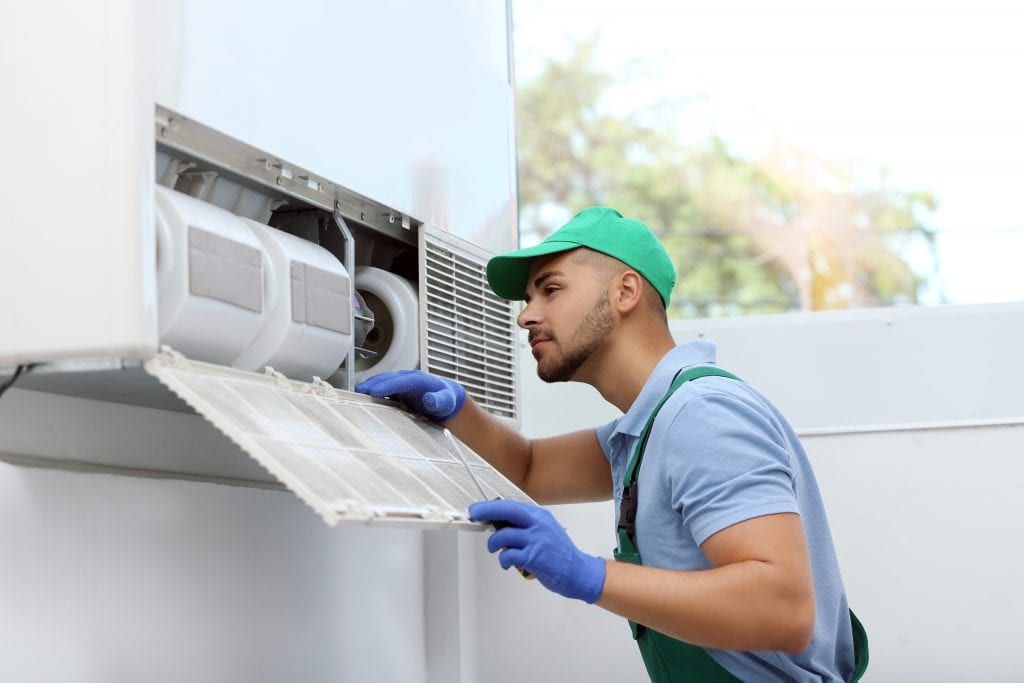Your HVAC Heating, Ventilation, and Air Conditioning system is a vital component of your home or business. It not only keeps your indoor environment comfortable but also plays a crucial role in maintaining indoor air quality. To ensure it operates at its peak performance and efficiency, regular maintenance is essential. Here are some key strategies for efficient HVAC maintenance.
Scheduled Inspections: Establish a routine schedule for professional HVAC inspections. This can be done semi-annually or annually, depending on the type of system and its usage. During these inspections, technicians can identify and address any emerging issues before they become major problems.
Cleaning and Filter Changes: A dirty or clogged filter can significantly reduce the efficiency of your HVAC system. Regularly cleaning or changing filters ensures that your system does not have to work harder than necessary to maintain your desired temperature, which can lead to energy savings.

Calibration and Thermostat Check: Incorrect thermostat settings can cause your HVAC system to overwork or underperform. Ensuring that your thermostat is calibrated accurately and functions correctly is a simple yet effective way to optimize HVAC performance.
Ductwork Inspection: Leaky or damaged ducts can result in significant energy loss and reduced efficiency. Regularly inspect and seal any leaks in your ductwork to maintain proper airflow and temperature distribution.
Lubrication and Component Checks: Moving parts in your HVAC system, such as fans and motors, require lubrication to reduce friction and extend their lifespan. Technicians can also inspect electrical connections and components to ensure they are functioning safely and efficiently.
Refrigerant Levels: For air conditioning systems, maintaining the correct refrigerant levels is crucial. Too much or too little refrigerant can reduce cooling efficiency and potentially damage your system.
Energy Efficiency Upgrades: Consider investing in energy-efficient upgrades for your HVAC system, such as programmable thermostats or high-efficiency air filters. These upgrades can not only improve performance but also lead to long-term cost savings.
Regular Cleaning: Dust and debris can accumulate on the coils and fins of your HVAC unit, hindering its ability to transfer heat effectively. Regular cleaning of these components ensures optimal performance.
Professional Help: While some HVAC maintenance tasks can be done by homeowners, it is crucial to have a professional HVAC technician handle more complex issues. They have the expertise and equipment to identify and resolve problems efficiently.
Documentation: Keep records of all maintenance and repairs performed on your HVAC system and check here https://grandhomeservicesllc.com/aurora-co/. This documentation can help track its performance over time and provide valuable insights into when replacement or major repairs may be necessary.
Efficient HVAC maintenance not only extends the lifespan of your system but also improves indoor air quality and reduces energy consumption. Neglecting this essential aspect of home or business ownership can lead to costly repairs and decreased comfort. By implementing these strategies and staying proactive with your HVAC maintenance, you can enjoy the benefits of a well-functioning system for years to come.
